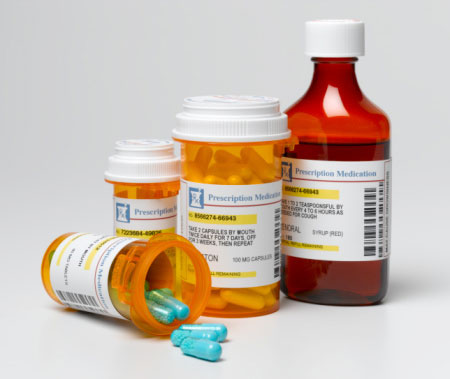Last Updated on: January 19, 2024
Edited By: Alfred
Drugs or medicines are essential part of every individual’s life today, as almost all of us consume drug to get cured of some or the other heath related disorder. Medicinal drugs can be categorized into two categorize Directive Drugs and Non-Directive Drugs which bear some difference in term of law and miniscule dissimilarity in terms of functions. It is always better to have information about the relevant subjects; hence, here is some information on both the categories Directive Drugs: Directive drugs are nothing but medicines which are licensed by the legislation. These medicines mandate the requirement of a directive, by a health care specialist or other medical experts in order to be obtained from chemist or druggist. It should be understood that various jurisdiction inflict dissimilar regulation in regards with the definition of directive drugs. Directive drugs usually are distributed with required monograph which significantly provides detailed information on the particular medicine. This monograph can either be in the form of small descriptive literature on the side of the package or in form of leaflet usually found inside the package. The reason why this monograph is considered essential is that it carries vital information about the drug such as doses, adverse reactions etc. Directive drugs are usually suggested by certified medical practitioners, dental practitioners, vet or veterinaries, ophthalmologist etc. A directive should be generally authorized by Doctor of Medicine, Doctor of Osteopathic Medicine, Physician Assistant, Doctor of Optometry, Doctor of Podiatric Medicine, Doctor of Veterinary Medicine, Doctor of Dental Surgery or Doctor of Dental Medicine. In the United States, Food and Drug Administration is the body that looks after the definition of laws passed in respect with Directive Drugs. Directive drugs were also commonly referred to as Legend or Rx Only drugs. However, you may find that most packaging of legend drugs usually has the Rx Only indication. Nondirective Drugs: Nondirective Drugs are also prominent by the name OTC or Over-The-Counter. These medicines are drugs which can be directly vended to the consumer without any requirement of any directive by health care experts such as aforementioned doctors. OTC drugs are also usually examined and authorized by some regulatory body. These agencies ensure that nondirective drugs are manufactured with safe and efficient ingredients which will be useful to the consumer and does not cause any harm when consumed without doctor’s directive. These nondirective drugs are generally manufactured using API or active pharmaceutical ingredients which are biologically active. By eradicating the need of drug formulation, the government permits the drugs producing companies to devise sole ingredients or mixture of ingredients into patented formulas. Nondirective drugs are usually placed on shelves, like any other conventional packet product, in stores. In some cases, few medicines may be classified as Over The Counter drugs, but may require a chemist employee to evaluate the patient’s requirement before providing the drug. You may also find some OTC drugs being sold in stores other than pharmacy, for example supermarkets, conventional stores etc. These nondirective drugs are usually of low power and are examined of any side effects or harm to the consumer before they are introduced. One of the suitable examples of nondirective drugs would be general low power anodyne often sold at pharmacies. Similar to directive drugs, even nondirective drugs are practical and effective in curing relevant physical conditions. The only difference would be the requirement of evidencing directive of doctors to obtain directive drugs. Directive drugs may be high power drugs which are prescribed by doctors in severe medical cases; hence, both the category of drugs stands fair at their respective levels.


Comments are closed.